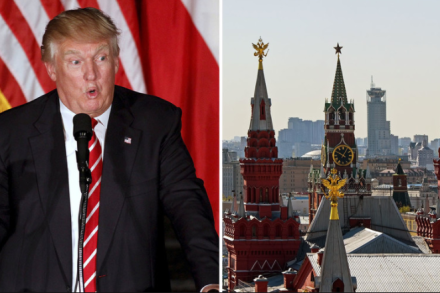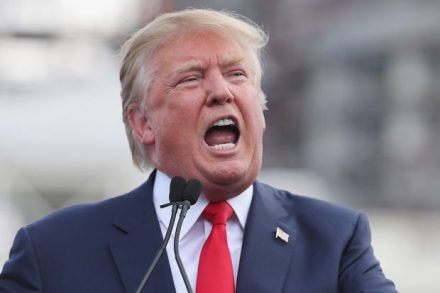Diary – 19 January 2017
Donald Trump was gushing about one European leader in his Times interview this week. But it was the wrong one. The President-elect told me that he was delighted that he’d been congratulated on his election by the ‘very fine gentleman’ who was the ‘head of the European Union’. ‘Mr Juncker?’ I ventured. ‘Ah, yes,’ he replied. Inaccurately as it turns out. For the European president who’d rung to congratulate the American president-elect was not the European Commission president, Jean-Claude Juncker, but the European Council president Donald Tusk. Many of my colleagues will, I’m sure, regard Mr Trump’s error as proof of the folly of electing an unschooled barbarian to the



















